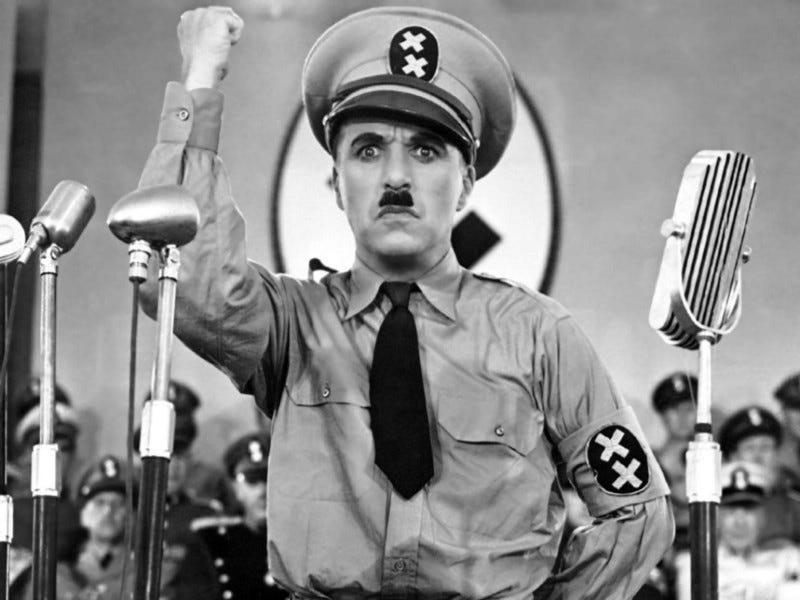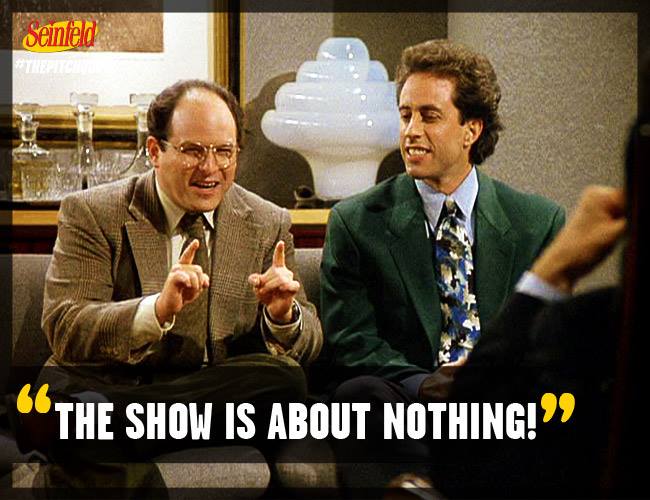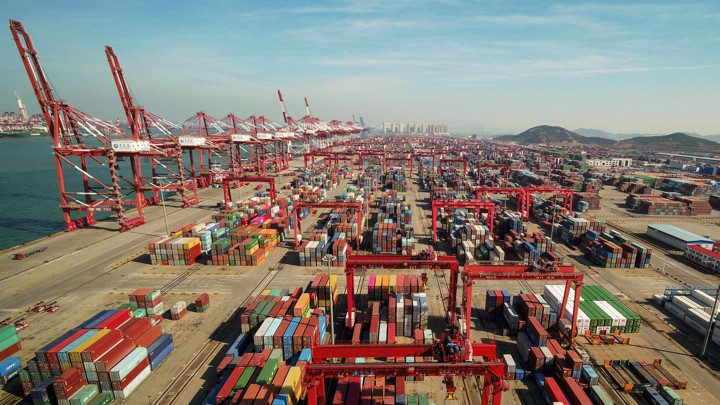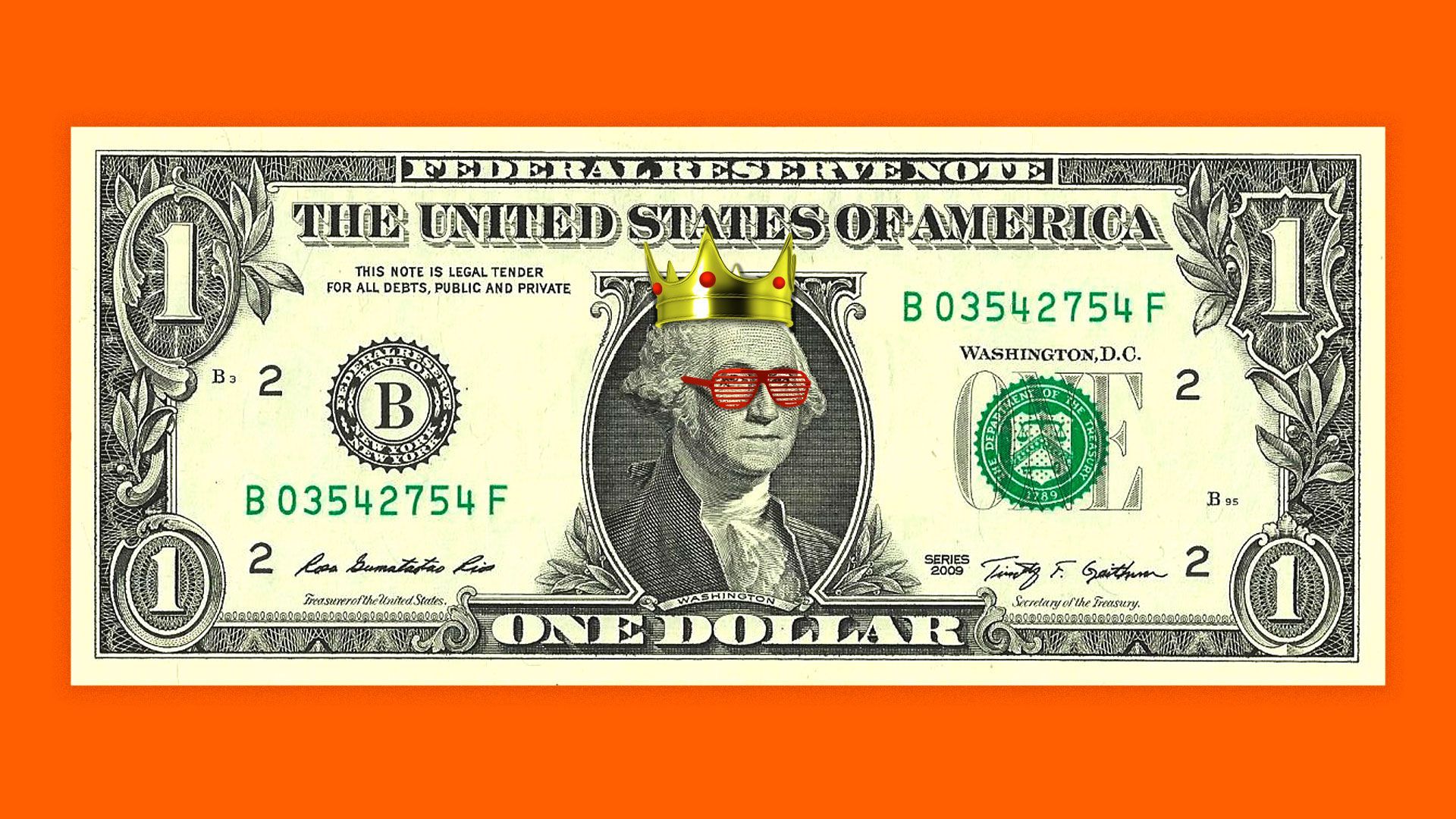Trump’s Trade War
Peace For Taiwan Is Possible
The Last Age of War, The First Age of Peace: Lord Kalki, Prophecies, and the Path to Global Redemption
AOC 2028: : The Future of American Progressivism
Quantum Computing: Applications And Implications
Challenges In AI Safety
AI-Era Social Network: Reimagined for Truth, Trust & Transformation
"Who Will Blink First" Is the Wrong Question in Global Trade
The current narrative surrounding the U.S.–China trade tensions often frames the situation in terms of a game of nerves: Who will blink first?
But this mindset is fundamentally flawed—and dangerously short-sighted.
Global trade is not meant to be a zero-sum contest where one side must win and the other must lose. At its core, trade is a mechanism for mutual benefit. Both parties specialize in what they do best, exchange goods and services, and both emerge better off. This is the foundational logic provided by centuries of economic theory and proven repeatedly across modern history.
Right now, however, China and the United States have locked themselves into unreasonable and untenable positions. Each escalation—tariffs, restrictions, retaliations—only deepens a lose-lose scenario. Neither country is truly gaining; both are bleeding economic potential. Worse still, the ripple effects of this confrontation have made the entire world uneasy, disrupting markets, supply chains, and investment confidence.
Climbing Down Is Not Weakness—It’s Wisdom
What the world desperately needs is not for one side to "blink" but for both sides to climb down together. A face-saving, rational de-escalation based on economic reasoning is urgently necessary.
By focusing on cooperation rather than confrontation, the U.S. and China can return to the essential truth: Trade is supposed to be win-win. It should be about expanding opportunities, improving standards of living, and fostering innovation through competition—not about scoring political points or proving who can endure the most pain.
The Stakes Are Far Bigger Than Trade
This isn’t just about economic growth. Larger, even existential challenges loom on the horizon:
-
Climate change demands unprecedented levels of global cooperation, technological sharing, and coordinated policy action.
-
AI safety—another emerging frontier—requires mutual trust, transparency, and collaborative governance frameworks.
If the two largest economies on earth cannot even resolve relatively straightforward issues like tariffs and market access, how can we expect them to work together on problems that threaten the future of humanity itself?
Trade Should Be the Easy Part
Compared to the complexity and urgency of climate policy or AI regulation, negotiating fair trade agreements should be simple. It is a matter of aligning on basic principles of fairness, openness, and mutual respect. There is no room—and no time—for prideful brinkmanship.
The Path Forward
-
Both countries must recenter the conversation around shared economic interests.
-
They should build mechanisms for ongoing dialogue, rather than reactive tit-for-tat measures.
-
They must publicly affirm the principle of trade as mutual benefit, setting a cooperative tone not just for themselves but for the entire global system.
In this critical moment, the real victory will not go to the side that "blinks" last.
It will go to both sides—if they have the courage to reason, collaborate, and lead together.
Trump’s Trade War
Peace For Taiwan Is Possible
The Last Age of War, The First Age of Peace: Lord Kalki, Prophecies, and the Path to Global Redemption
AOC 2028: : The Future of American Progressivism
Quantum Computing: Applications And Implications
Challenges In AI Safety
AI-Era Social Network: Reimagined for Truth, Trust & Transformation
Trump’s Trade War
Peace For Taiwan Is Possible
The Last Age of War, The First Age of Peace: Lord Kalki, Prophecies, and the Path to Global Redemption
AOC 2028: : The Future of American Progressivism
Quantum Computing: Applications And Implications
Challenges In AI Safety
AI-Era Social Network: Reimagined for Truth, Trust & Transformation





















